
The indisputable influence of hip-hop on American culture will now be recognized for years to come as the U.S. Congress will now observe Hip-Hop History Month every year in November.
What started as a genre of music has evolved to define a certain fashion style, a way of communication and a set of values still held by many Black Americans today. Hip-hop has also influenced visual and performance arts and has given Black Americans another way to express themselves in an innovative way.
The hip-hop movement that manifested in the 1980s and 1990s was embraced by people of all backgrounds and the presence and popularity of hip-hop today proves the theory that African Americans are responsible for most of what is considered to be “American” culture.
Celebrate and recognize hip-hop’s impact on groups both in and outside the Black community with the observation of Hip-Hop History Month. Here are some of the songs that define the culture:
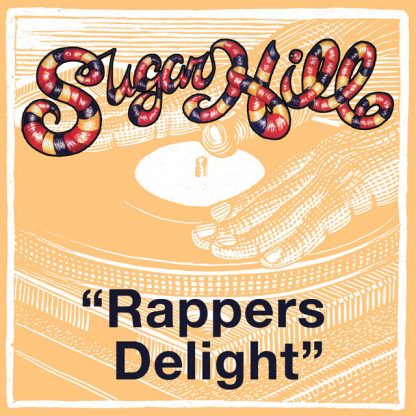
Rapper’s Delight – The Sugar Hill Gang
Iconic lyrics: “A just throw your hands up in the air/ And party hardy like you just don’t care”
The 1979 single “Rapper’s Delight” is known as the first rap song to be played on the radio and was the first hip-hop song to become a Billboard top 40 hit. The 15-minute long track with a disco rhythm introduced white radio listeners to the sounds of Black neighborhoods in the 1970s. Before the song gained popularity, hip-hop carried a negative connotation. Its acceptance into mainstream media opened the doors for many Black musicians and rappers to make a profit off their culture.
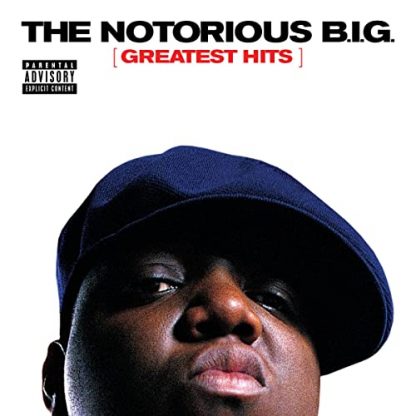
Iconic lyrics: “Remember Rappin’ Duke, da-ha, da-ha/ You never thought hip hop would take it this far”
Released in August 1994, “Juicy,” tells Christopher Wallace’s rags-to-riches story. The classic from Biggie’s “Ready to Die” album samples Mtume’s “Juicy Fruit,” and peaked at No. 27 on the Billboard Hot 100 in November 1994. The song known by every hip-hop fan in all age groups reflects the tenacity of hip-hop and continues to stand the test of time.
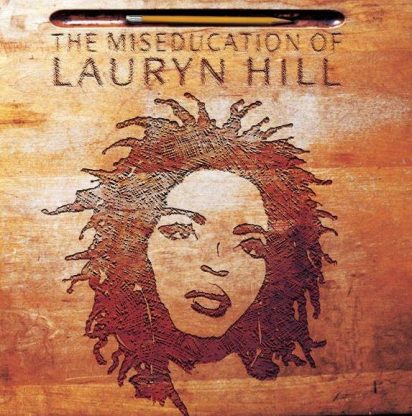
Iconic lyrics: “You might win some, but you really lost one/ You just lost one, it’s so silly how come?”
From the five-time Grammy-winning album “The Miseducation of Lauryn Hill,” Lauryn Hill’s self-produced “Lost Ones” samples Sister Nancy’s 1982 reggae hit “Bam Bam.” High in the ranks with Queen Latifah, Missy Elliot, Salt-N-Pepa and many more female rappers, Lauryn’s career made way for women in hip-hop.
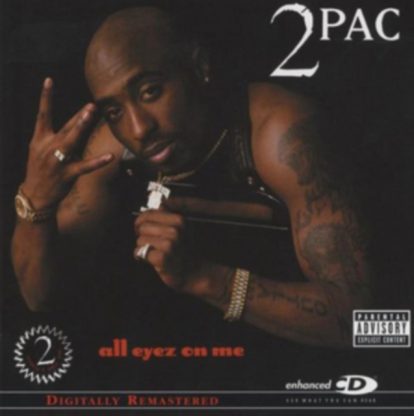
California Love – Tupac (feat. Roger Troutman & Dr. Dre)
Iconic lyrics: “Only in Cali where we riot, not rally, to live and die/ In L.A. we wearin’ Chucks, not Ballys”
Known for his empowering lyrics and West side pride, Tupac Shakur released “California Love” after his release from prison in 1995. The ode to California demonstrates Makaveli’s ability to paint a picture for his listeners and his gift of storytelling. Sampling Joe Cocker’s “Woman to Woman,” “California Love” is a classic example of the funky, electronic West Coast hip-hop sound that famously rivaled lyrical East Coast hip-hop.
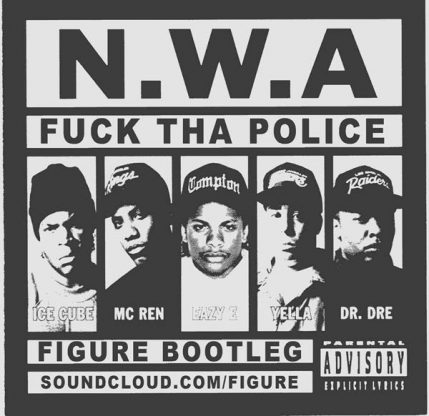
Iconic lyrics: “F*ck the police comin’ straight from the underground/ A young n**** got it bad ’cause I’m brown”
N.W.A christened the subgenre of gangsta rap with songs about the harsh realities of life for Black Americans in South Central L.A. in the 1980s. “F*ck tha Police” from the “Straight Out of Compton” album introduced mainstream music listeners to the lives of young Black men who were faced with violence, drugs and police brutality — themes that are still prevalent today. After the protest song was released in 1988, the FBI sent a letter to the group’s record label saying, “advocating violence and assault is wrong and we in the law enforcement community take exception to such action.” The introduction of gangsta rap to mainstream, white American media brought a lot of attention to NWA and also led to the creation and use of the Parental Advisory Label.
Celebrate Hip-Hop History Month while listening to our playlist:











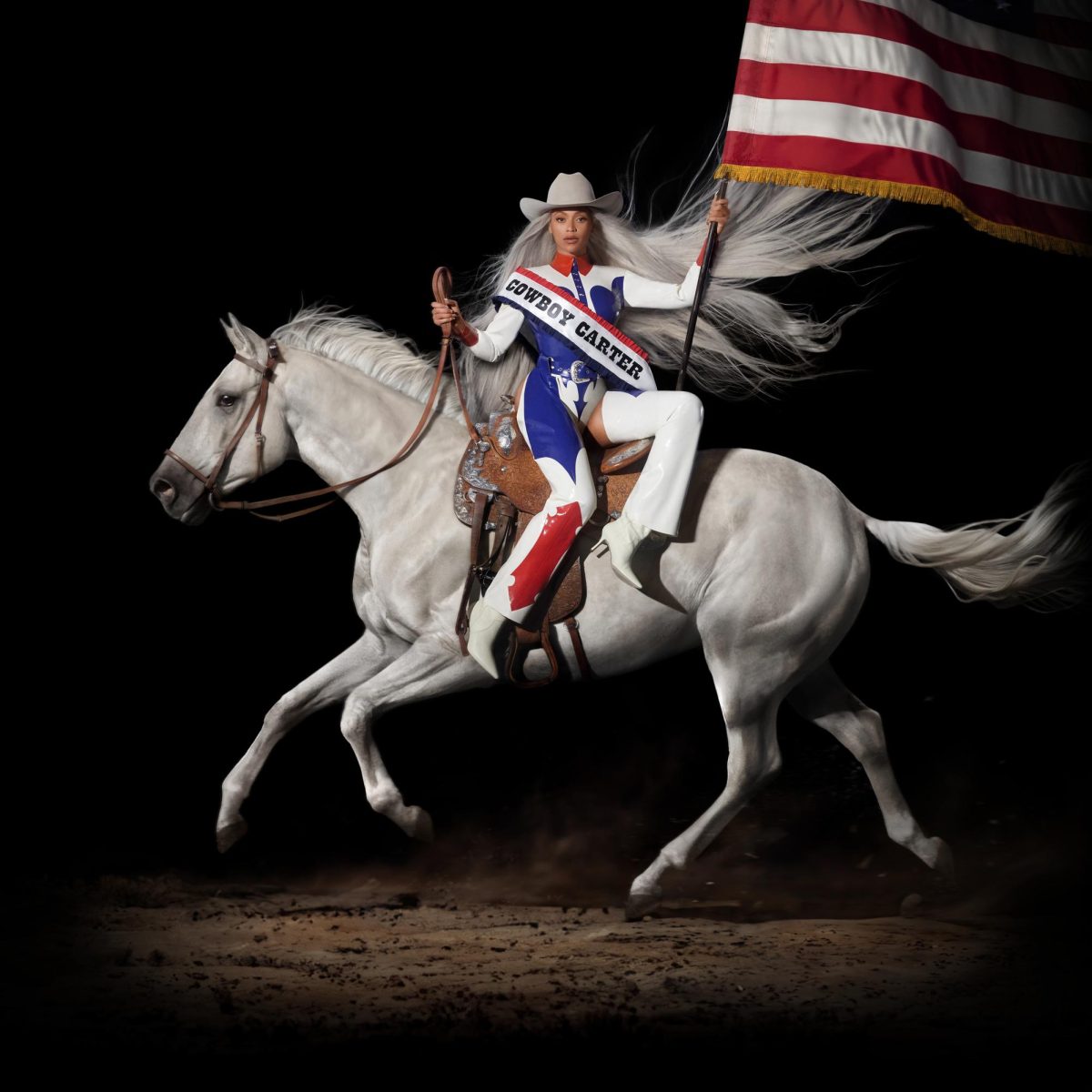




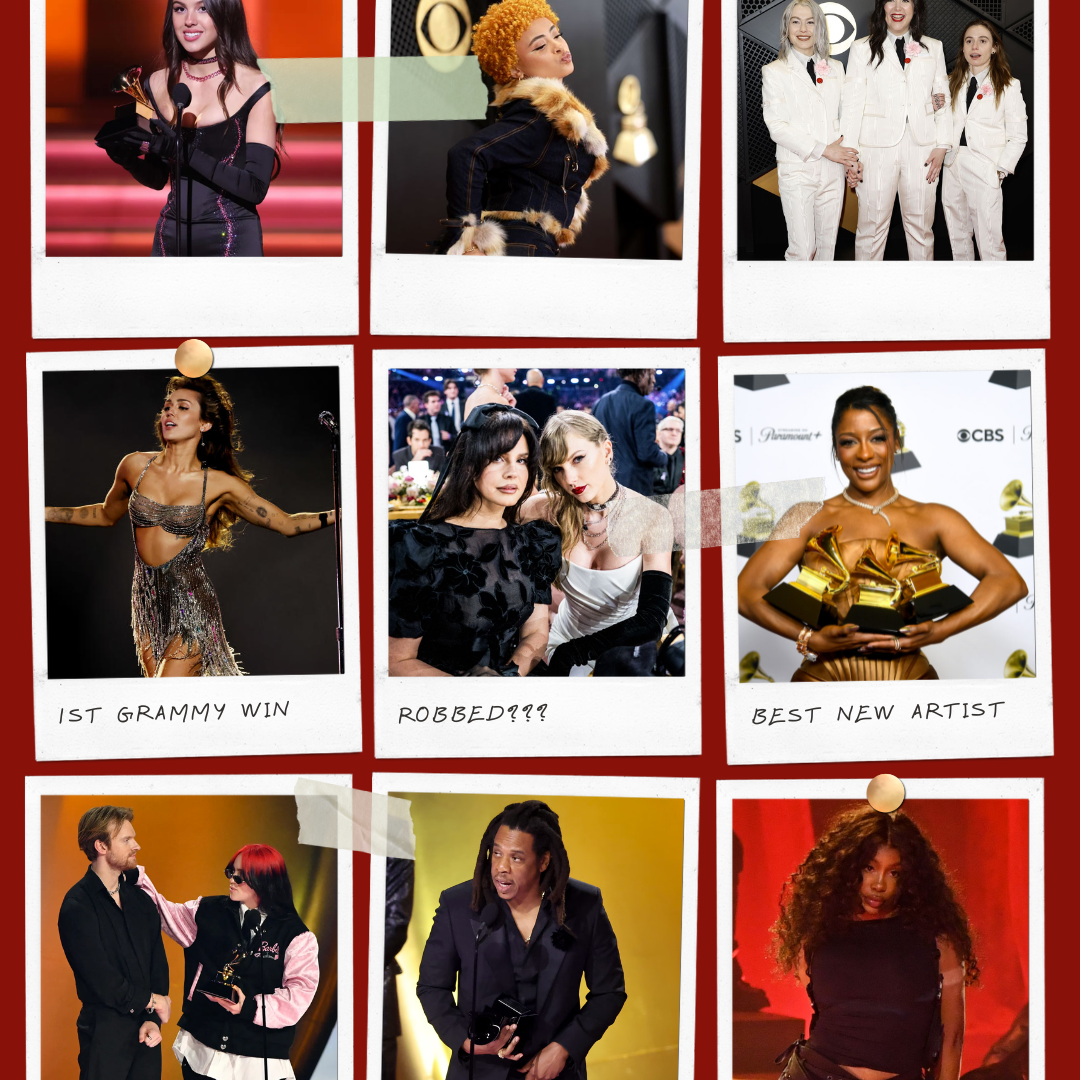

Shenequa Smalls • Nov 12, 2021 at 2:42 am
Loving it!! Old school can’t be beat!! These young thug’s rappin and trappin about nothing!! Can’t understand them, lyrics always the same. Drugs, who gettin and giving the cat or the d!! Give up some real vibes!! Songs, excuse me, crazy words that cause more pain than happiness. Many prayers to the families that lost loved ones at a recent concert!! Crying shame!! There needs to be more peace instead of all this drama with this new rap crap!! SMH!!!